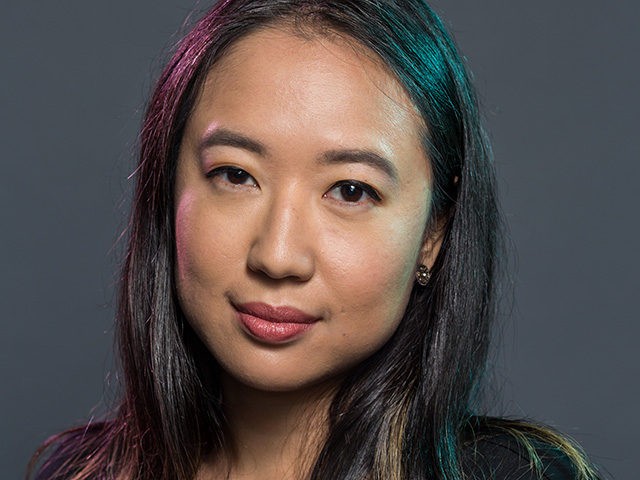A new column published by the Atlantic this week attempts to explain why condemning white people has become popular in American culture.
Atlantic contributor Reiham Salam thoughtfully explained the rise of “white-bashing” in a column that was published this week. Salam explains that “white-bashing” has become increasingly popular with elite whites who want to signal their enlightened views on racial issues.
To state the obvious, Jeong is hardly alone in colorfully expressing anti-white sentiment, and it is this broader phenomenon I find most interesting. Honestly, I’ve been around this sort of talk, most of it at least half-joking, for most of my life. (Years ago, I even affectionately parodied it.) The people I’ve heard archly denounce whites have for the most part been upwardly-mobile people who’ve proven pretty adept at navigating elite, predominantly white spaces. A lot of them have been whites who pride themselves on their diverse social circles and their enlightened views, and who indulge in their own half-ironic white-bashing to underscore that it is their achieved identity as intelligent, worldly people that counts most, not their ascribed identity as being of recognizably European descent.
Salam is writing in the aftermath of the Sarah Jeong controversy, which erupted last week after the New York Times announced her hiring. Users on Twitter discovered that Jeong had a history of bizarre anti-white bigoted tweets.
Dumbass fucking white people marking up the internet with their opinions like dogs pissing on fire hydrants
— sarah jeong (@sarahjeong) November 29, 2014
Are white people genetically predisposed to burn faster in the sun, thus logically being only fit to live underground like groveling goblins
— sarah jeong (@sarahjeong) December 24, 2014
we should address the data head-on pic.twitter.com/XoaX7vUP4x
— sarah jeong (@sarahjeong) December 24, 2014
oh man it's kind of sick how much joy I get out of being cruel to old white men
— sarah jeong (@sarahjeong) July 24, 2014
Salam also argued that Asian-Americans engage in “white-bashing” allows them the opportunity to bond with “enlightened” elite whites who engage in “white-bashing” themselves.
But that doesn’t exhaust the universe of possibilities. In some instances, white-bashing can actually serve as a means of ascent, especially for Asian Americans. Embracing the culture of upper-white self-flagellation can spur avowedly enlightened whites to eagerly cheer on their Asian American comrades who show (abstract, faceless, numberless) lower-white people what for. And, simultaneously, it allows Asian Americans who use the discourse to position themselves as ethnic outsiders, including those who are comfortably enmeshed in elite circles.

COMMENTS
Please let us know if you're having issues with commenting.